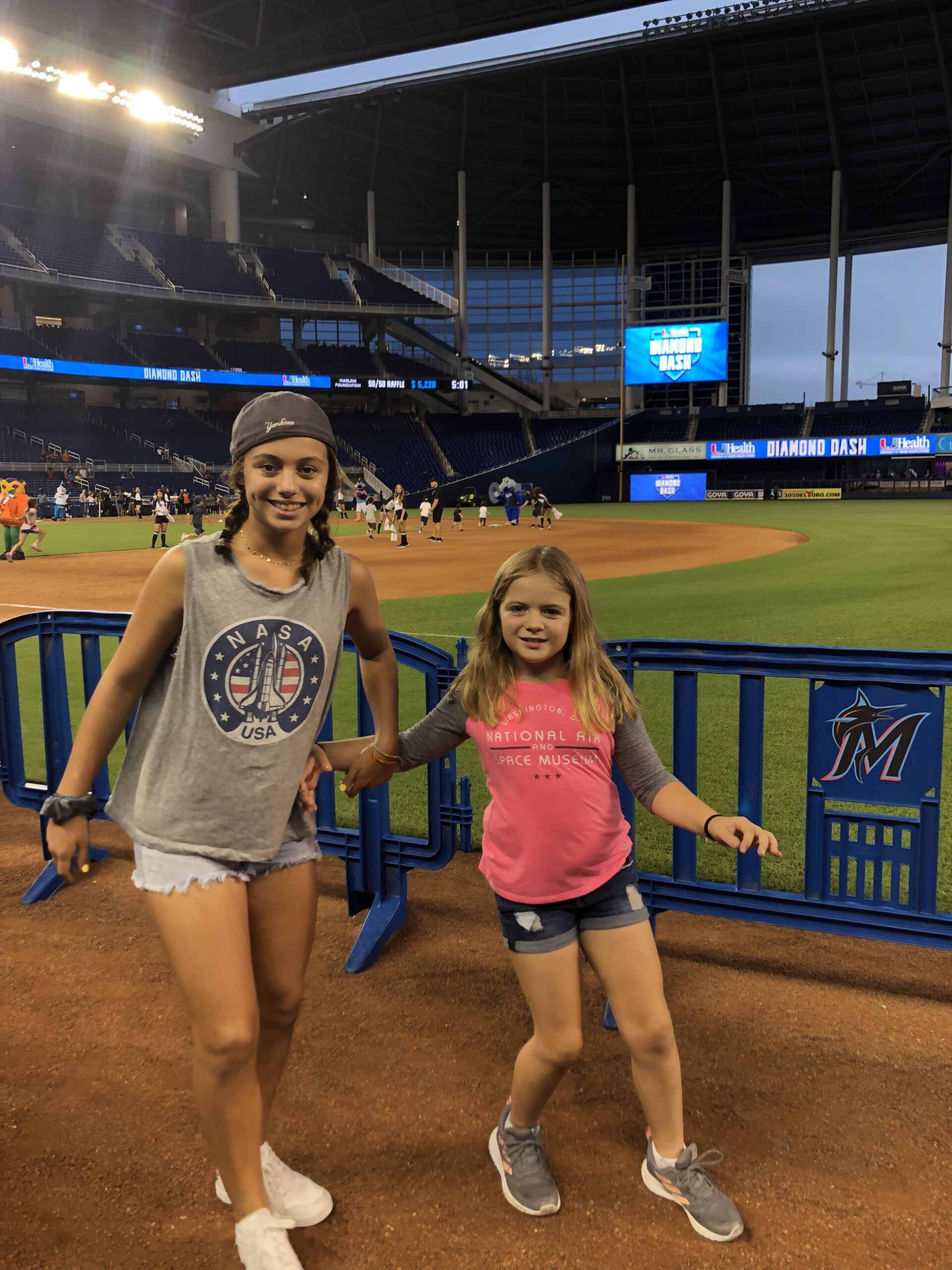The Hispanic Caregiver – A Real Story and Honest Resources
Dictionary.com defines a caregiver as a person who cares for someone who is sick or disabled. My mother, a 60-something Hispanic, is what the The State of the Hispanic Caregiver has deemed as most common caregiver in need. Hispanic caregivers, according to the report, are younger and more likely to experience stress than their Caucasian counterparts. I have witnessed the stress.
 My Mother the Caregiver
My Mother the Caregiver
My father is a recent cancer survivor but currently and will always endure effects from the radiation he underwent in 2011. One of the effects landed him in the hospital in May of this year. A stay that lasted 38 days, a difficult surgery, a week in Critical Care, time in Oncology ICU and then considerable time recovering in the inpatient rehabilitation at the hospital. The day of his discharge was extremely exciting, but it was probably one of the more stressful days my mother has ever faced.That day she would bring home a weaker, more fragile man than she had had just 6 weeks before. She would bear the responsibility of care for his wound, changing his colostomy bag, monitoring his often unstable blood pressure and more.
My father’s recovery is far better than the doctor’s had ever predicted. He’s doing great. But, is still under the constant care of my mother, a woman she hired to assist her at times, and my husband and I who help her whenever possible. Later this month we are falling right in line with The State of the Hispanic Caregiver when my parents move in with my own family. The study found that, Hispanic caregivers are much more likely to live with children or grandchildren (48% compared to 32% non-Hispanics).
The In-Laws Suite
We have found a new house that can comfortably fit the 6 of us – my parents, my husband, our daughters and myself. We’ll have our own separate living areas and share the kitchen and patio. The decision to have my parents live with us, was my husband’s suggestion. Being together will allow us to all support and care for each other. I’m always looking for some help with my girls and my mother would love some help with my dad. Clear boundaries will be set from the beginning, but I’m sure we will hit some bumps on the road – but bumps that a family can climb over together.
Resources Online
Recognizing and using available support is essential for caregivers, regardless of race. Online tools have become more and more prevalent to providing information, advice and other support for caregivers and those in need. Comfort Plus, distributors of the Tranquility incontinence products that many caregivers use with their loved ones, has established a purposeful site. At ComfortPlusOnline.com detailed information is available to assist the caregiver to better understand incontinence and the supplies available. The page is also available in spanish, titled Comfort Para Ti. Caregivers often feel uncomfortable asking for help or the answers to personal care questions. ComfortPlusOnline.com/ComfortParaTi has done a remarkable job presenting information on their products and answering questions about conditions relating to their product.
A Caregiver Action Plan
I encourage you to read The State of the Hispanic Caregiver. You will be impressed, but maybe not surprised with its findings. Regardless of race, caregivers need to have resources available to help them to properly care for their loved ones and themselves.
Visit and like https://www.facebook.com/comfortplusmedicalsupplies to stay up-to-date with information from Comfort Plus.
Follow Comfort Plus on Twitter.
Use special promotional code LMB2012 on any purchase on ComfortPlusOnline.com to receive $10 off any case!
Disclosure: This is part of a compensated campaign with Latina Mom Bloggers and Comfort Plus Online. However, all opinions expressed are my own.



